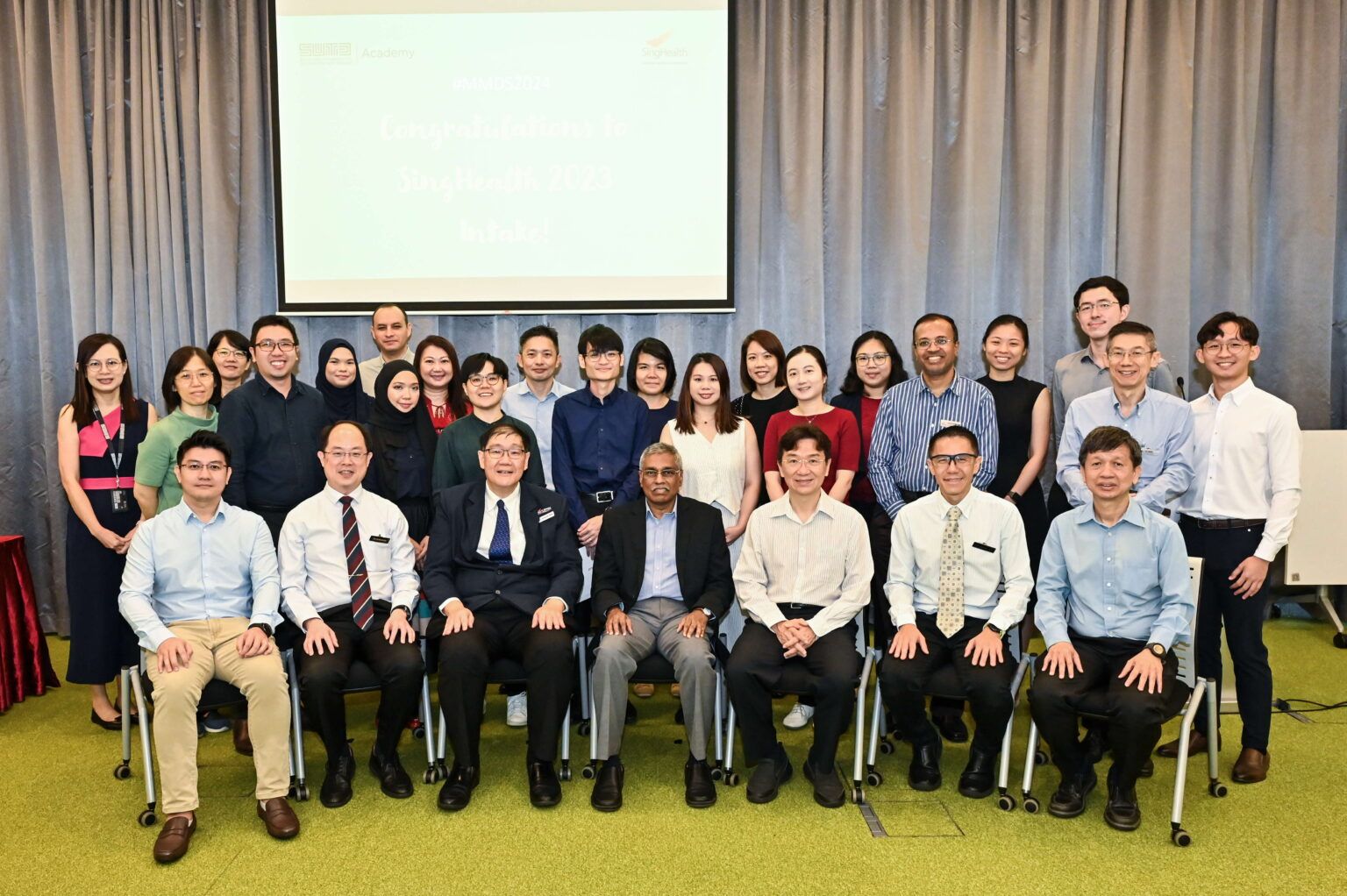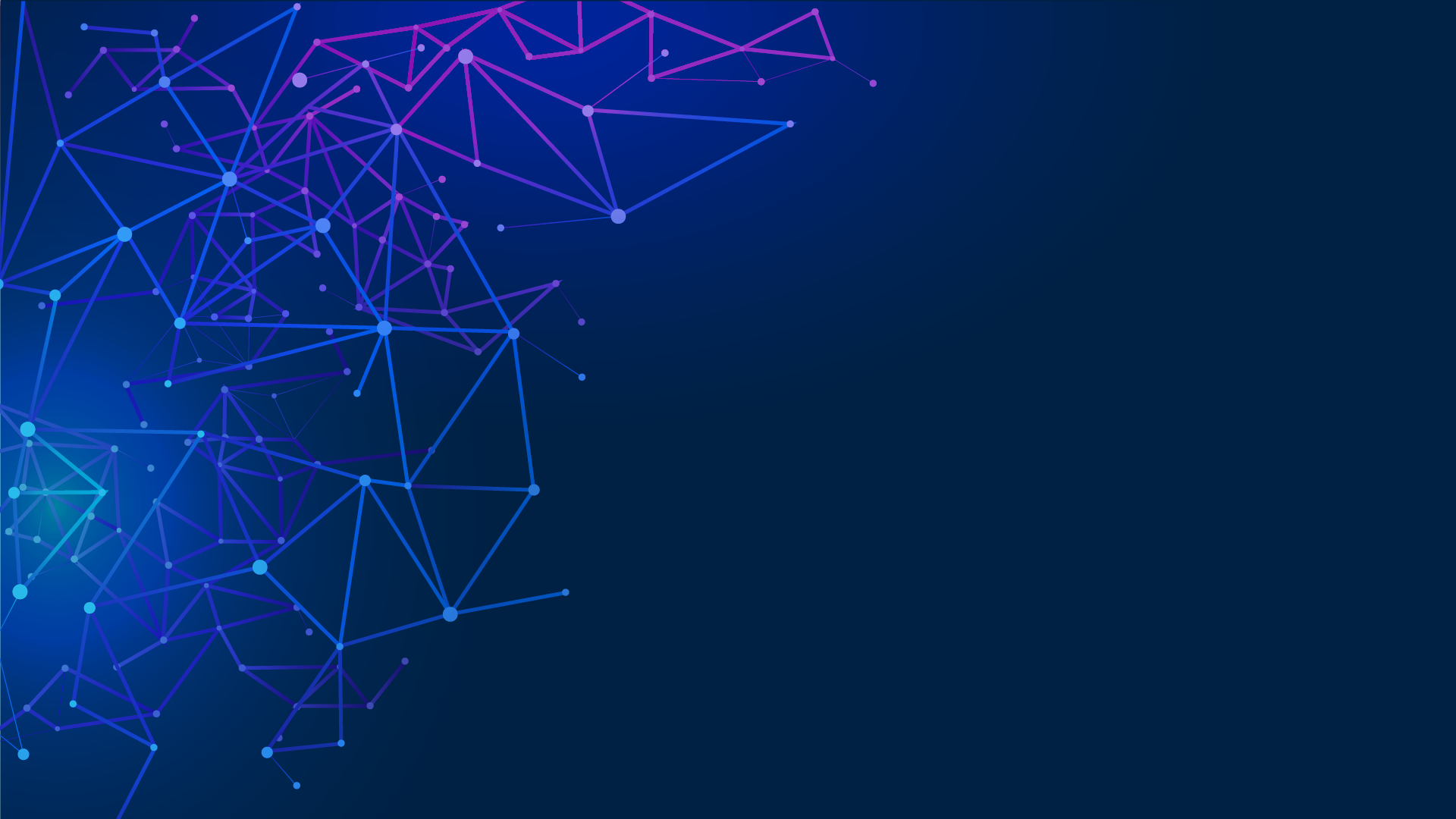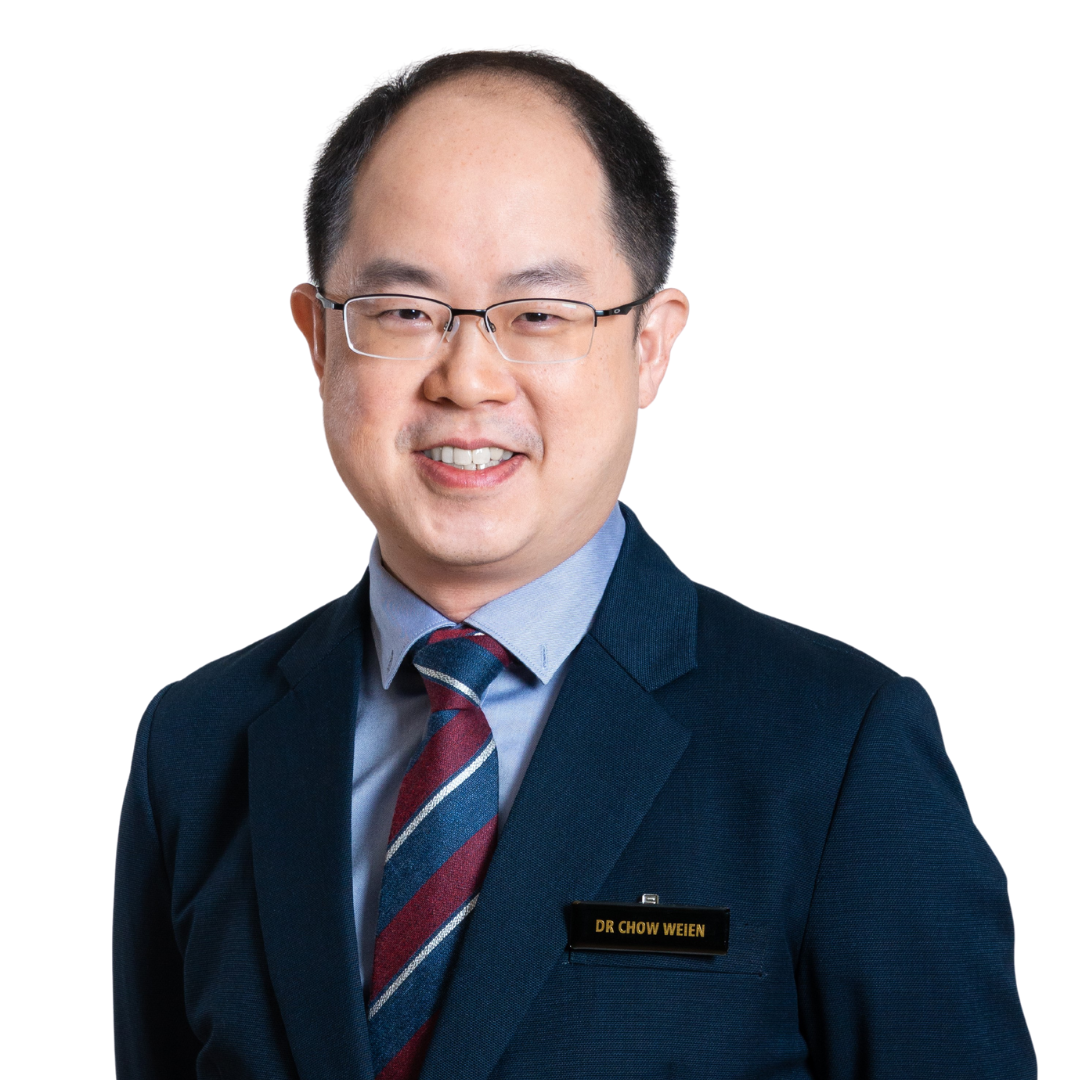Digital-ready and digital-first workforce key to harnessing AI’s full potential in healthcare: Interview with CGH’s CDDO
)
Dr Chow Weien, Chief Data and Digital Officer at Singapore’s Changi General Hospital, shares why AI, data literacy is critical to digital transformation
The age of Artificial Intelligence (AI) has dawned in healthcare. Today, leading hospitals around the world are leveraging AI across a multitude of use cases – from automating time-consuming and repetitive tasks, to mining large datasets for predictive or precision insights.
Take for example Singapore’s Changi General Hospital (CGH), which has rolled out a slew of AI-powered initiatives over the past few years with a pipeline of several others in the works.
|
|
But beyond simply implementing AI solutions, it is also key to build a digital-ready and digital-first workforce, well-equipped to leverage these tools across their respective roles with the goal of innovating healthcare for enhanced patient care, said Dr Chow Weien, who is the Chief Data and Digital Officer as well as the Head and Senior Consultant of the Department of Cardiology at CGH. |
This calls for dedicated staff training opportunities in the areas of AI and data literacy, as well as digital innovation, he noted.
“To me, developing the people is very important. With so much data in healthcare, we have to learn how to collect the data and how to make sense of the data,” said Dr Chow.
“Improving data or AI literacy is not going to happen overnight – it takes time and continual efforts to make sure our staff are digital-ready and kept abreast of latest developments in AI and digital innovations.”
“But this is crucial so our staff can think about how these technologies can be used to transform the way we deliver care and benefit both the patients as well as the hospital, and collaborate widely to accelerate the validation and adoption of effective AI solutions for the overall healthcare industry.”
Developing a digital-ready healthcare workforce
Towards this goal, CGH has embarked on a series of training initiatives, including a healthcare-specific data science course co-developed with the Singapore University of Technology and Design (SUTD).
The first such ‘ModularMaster’ certification in Singapore, the two-year, part-time course covers data science and analytics principles, including visualisation, database management and programming elements. Enrolment is open to all hospital staff across disciplines and levels.
With a joint teaching faculty comprising both SUTD lecturers and healthcare professionals from CGH, participants can expect to gain learnings and real-life applications tailored to Singapore’s healthcare landscape.
The first batch of 15 students graduated in March 2024 with the full Master certification – having completed the requisite two modules – while seven others have earned graduate certificates with one module completed.

Graduating healthcare professionals with faculty and committee of SingHealth-SUTD Data Science (Healthcare) Programme
“Learning and education is no longer limited to the first 20 years of your life; it extends into the 50 years after,” Dr Chow noted.
“As healthcare professionals, we are always motivated to learn and acquire new knowledge so that we can improve the care for our patients. It’s about learning to learn, and also learning to evolve with the times. With technology advancing so rapidly, we do need to continually enhance the skills of our staff, and I believe that this training course will make a very significant difference.”
The hospital is hoping to expand the programme to include AI elements, and open it to the public later this year, he added.
Another initiative is a buddy programme which pairs up staff who have undergone such training with the hospital’s data analysts, to develop practical applications in AI.
“Without adequate practice, training alone may not be enough to move the needle,” Dr Chow pointed out.
“That’s why we introduced our HAT programme – which stands for Harvesting Analytics Together. There are sharing sessions where staff can bring their own databases to work and collaborate with the analysts on. This is so they can continue to practice and apply what they’ve learnt.”
Balancing AI growth with governance
Watching over the growth, as well as proper governance, of AI projects at CGH is a newly set up AI & Digital committee.
The committee assesses and oversees AI use cases based on governance frameworks and principles, such as fairness, reliability and safety, privacy and security, inclusiveness, transparency and accountability.
Led by Dr Chow and CGH’s Deputy Chief Medical Informatics Officer Dr Charlene Liew, the committee consists of ‘digital champions’ from different hospital units, including clinicians, nurses, pharmacists and staff from research, risk management, operations and administrative offices.
“It is important to have a transdisciplinary group of individuals on board to oversee the AI projects from the planning and design stages to deployment, adoption and integration, to make sure that we include all requirements right from the start and address various aspects during the process,” Dr Chow explained.
“This open and collaborative setting also helps with learning and skills development. During meetings, we bounce off ideas and learn from the respective subject matter experts. For example, the Chief Information Officer sits in the meeting so we would talk about the implementation and data integration before we integrate the AI solution into the IT system.
“Having this platform allows us to have ‘Eureka’ moments where we discover how to solve problems that may be similar across different domains.”


 Dr Chow Weien
Dr Chow Weien